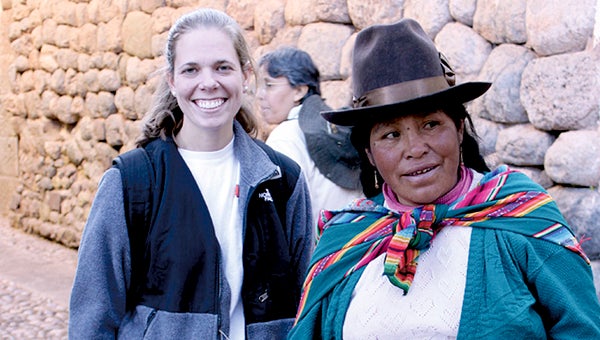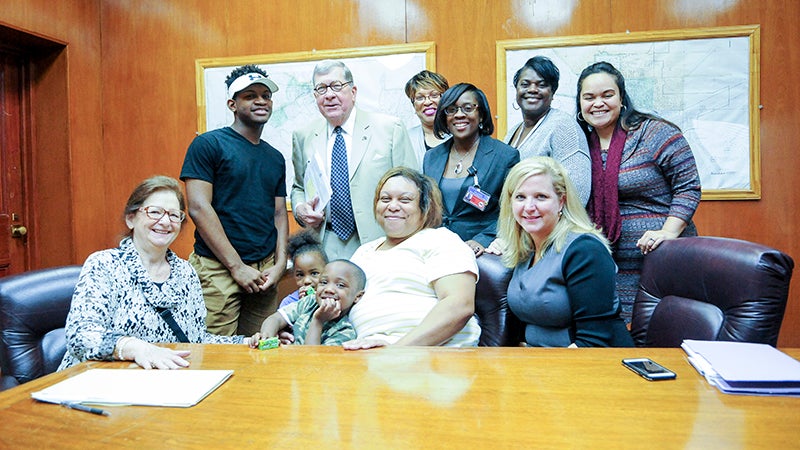Marks takes aim at cervical cancer
Published 11:04 pm Tuesday, December 28, 2010

Mary Kathryn Marks, a recent graduate from Auburn University Montgomery with a degree in biology, stands with a Peruvian woman in Cusco, Peru, where Marks visited as part of a trip to screen women for cervical cancer.
Don’t take anything for granted.
That is the lesson Mary Kathryn Marks, a recent Auburn University Montgomery graduate and Selma native, took from her summer trip to Cusco, Peru where the historic Machu Picchu landmark is located.
Marks, who received a degree in biology, and four other volunteers performed pap smear tests on more than 150 women in just six hours at the CerviCusco clinic to test for cervical cancer. Many more women were tested within a week.
“This was a real eye-opening experience,” Marks said. “Many women would walk for hours and wait for hours just to get screened.”
Marks said a lot of women in Peru, which has the highest rate of cervical cancer in the world, are uneducated about their bodies and can’t afford even basic health services.
“Most women can’t afford a pap smear or even get an MRI,” Marks said. “I was surprised that we didn’t see a lot more cases of cervical cancer than what we found.”
Marks said because cervical cancer is hard to detect, it’s important to have a pap smear at least once a year between the ages of 30 and 50, when cancer is most likely to develop.
“At age 50, that’s when the cancer becomes fully developed,” Marks said. “We want to detect pre-cancerous lesions, before they turn into cancer. We found about 700 slides of pap smears that needed to be screened and we caught them up before we left.”
Sonya Griffin, program director of cytotechnology, education coordinator and assistant professor of biology at AUM, said the trip to Peru was a first for her students.
“They were the first from AUM and the United States to go to the country through the cytotechnology program,” Griffin said. “The students got to see first hand how to do procedures, prepare paper work and specimen.”
Griffin believes the students made an impact.
“The women there don’t have standard pap smears,” Griffin said. “So, without this clinic, most women would not receive regular adequate care.”
Griffin said she hopes the students have learned a lot from the humanitarian effort.
“There are a lot of people who need help, not only in the U.S. but in the world,” Griffin said. “I hope this experience humbles them to not take things for granted.”
Marks, who is married and a mother of two, hopes to do more research in the area of cervical cancer in the future.
“The women there were so grateful,” Marks said. “I plan to travel to Peru every year. I would love to compare data with this year to data in the future, and I want to cut down the cervical cancer rate there.”


